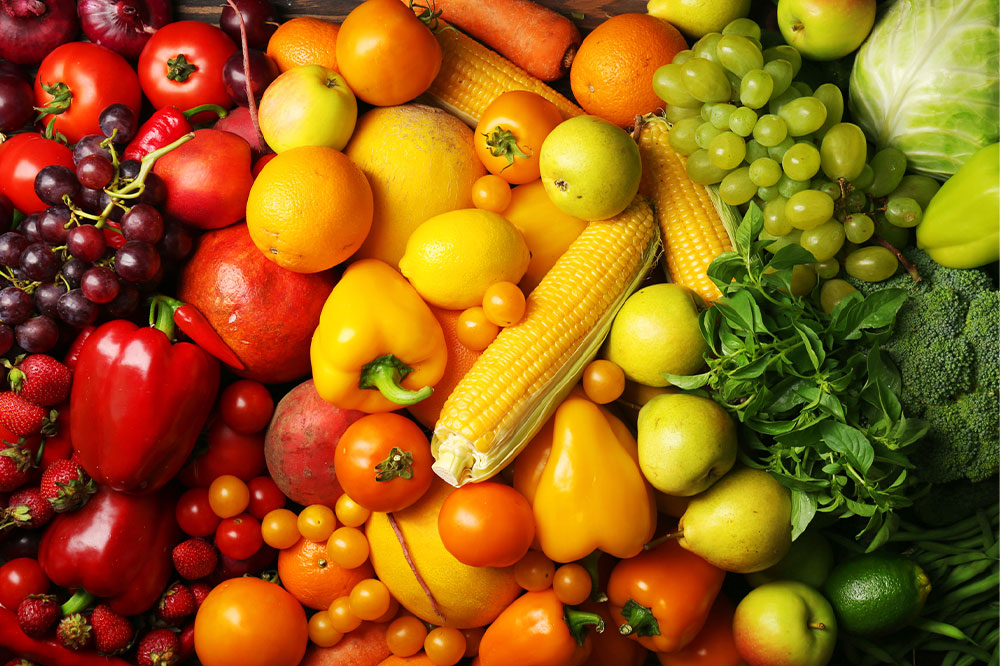4 beneficial foods for renal cancer

Nutritious, well-balanced meals are crucial for everyone. The nutrients acquired from a well-balanced meal help the body function efficiently and deliver the right amount of energy and response to every stimulus. Maintaining nutritional requirements becomes especially important when the body is fighting health conditions. Here is a list of foods that help those suffering from renal cancer. It is, however, essential to speak with doctors before making changes to one’s meal plans.
Fruits and vegetables
Fruits and vegetables are an integral part of one’s daily meals, and one should continue to meet the body’s requirements with generous amounts of these healthy foods. Fruits and vegetables are healthy sources of carbohydrates, proteins, and fiber in some amount. Besides that, they are also a rich source of minerals and vitamins. Fruits and vegetables also help fight off inflammation.
Fish
Fish has been a great addition to nutritious and well-balanced meals. Fatty fish, in particular, is appreciated for the amount of omega-3 fatty acid it carries. Fatty fish like salmon and mackerel are rich sources of antioxidants that help keep inflammation levels in control. Having fatty fish can help to prevent renal cancer and fight potential cancer cells. The protein content helps the body recover better while helping improve the immune system.
Whole grains
Whole grains help maintain the body’s complex carbohydrates and fiber requirements. They also take care of micronutrients like iron, magnesium, and multiple vitamins. Grains are a major source of energy and lend a helping hand to maintain various systems. It is, therefore, recommended to include whole grains in the list of food to eat for renal cancer.
Water
Water is an essential part of renal cancer foods. It helps the kidneys maintain the body’s pH and eliminate any toxins that could cause harm to the body. Water also keeps the body’s hydration levels in check, ensuring that all the systems run smoothly. However, there are times when we can go overboard with it. It is important to maintain the right level of hydration and, at the same time, avoid over-hydration. Once the function of the kidneys is compromised, it can lead to fluid retention and cause complications.



